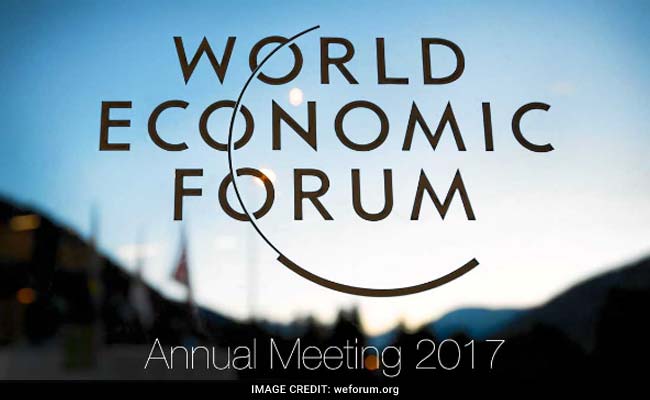

- Home/
- Top Stories/
- Davos Brings Icy Tidings For India
Davos Brings Icy Tidings For India

Davos brings icy tidings for India with multiple reports on Day 1 of the rarefied confluence of influential leaders saying that the world's zest for India has cooled off this year.
India is no longer the world's fastest growing economy says the IMF, downgrading India's growth for 2016 to 6.6 per cent, a notch below China's 6.7 per cent because of the temporary shock of demonetisation.
But the IMF also says India will resume the leadership next year with 7.2 per cent growth and 7.7 per cent in 2018.
"Whether we are No. 1 or No. 2 is a ego hit, but what matters more is whether we can deliver more inclusive growth," industrialist Rahul Bajaj told NDTV.
The World Economic Forum Inclusive development report has India lagging behind China, and even Pakistan, with India ranked at 60 out of 79 developing economies, China at 15 and Pakistan at 52. Richard Samans, executive board member of the World Economic Forum, told NDTV at Davos that "India's high debt-to-GDP ratio raises questions of sustainable government spending and India's low education enrolment, low labour force participation, corruption and underdeveloped infrastructure is holding it back, though future trends are looking far more robust."
While Indian CEOs are most confident about revenue growth, India is no longer among the world's top investment destinations, says PwC in its CEO Survey released at Davos. The top 5 countries for growth are led by the US, China, Germany, the UK and Japan. And enthusiasm for India, which along with China, was the favoured bet for the last three years, has declined along with Brazil, Russia and Argentina.
Winnie Byanyima, executive director of Oxfam International whose stunning report stating 8 billionaires control as much wealth as 50 per cent of the world's poorest amounting to 3.6 billion of the world population, told NDTV, "New data shows far higher levels of poverty in India than previously thought. It is because of countries like India and China that the number of billionaires controlling unimaginable chunks of global wealth have fallen from 62 last year to 8 this year."
Is this new era of Trumpism unknowingly bringing more opportunities for the populist leaders willing to commit to big reform and are India's hands being tied? A leading political scientist Ian Bremmer, the president and founder of Eurasia Group told NDTV, "India is doing okay but China has been the story for 35 years and is so much bigger than India and has far more influence on the global platform. I do think GST is a big deal and the fact that India is starting to implement its big infrastructure spend where it is way behind China. But in 2019, I do not see PM Modi with control of the Upper House which means reforms will halt. Trump can do more with legislative reform than India can."












